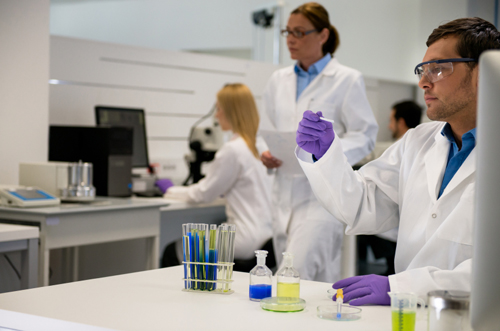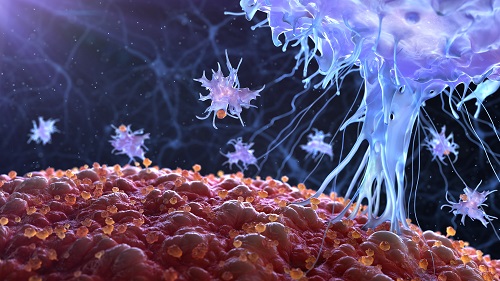October 5, 2018 (Medical News Today)
Almost two decades ago, researchers had discovered that the compound resveratrol – which is found in popular foods like peanuts, grapes, and berries – has multiple anticancer properties.
However, resveratrol has low oral bioavailability, so it had next to no effect in preventing lung cancer when ingested orally. So, scientists from the University of Geneva in Switzerland recently worked to make a new resveratrol solution that could be administered nasally in an attempt to fight lung cancer.
They created a new formula and tested it on mice, and found that the lung levels of resveratrol were 22 times higher when the formula was administered nasally. To test the formula’s effectiveness in preventing lung cancer, the mice were exposed to various carcinogens and monitored for 26 weeks. 63% of the mice given the resveratrol formula had not developed lung cancer after 26 weeks, whereas only 12.5% of the untreated mice did not develop lung cancer, indicating that nasal administration of resveratrol could be an effective way of preventing lung cancer.
This research is highly promising, and the team at the University of Geneva is now looking for biomarkers that can identify those that are the most likely to benefit from this type of treatment.















Leave a Reply